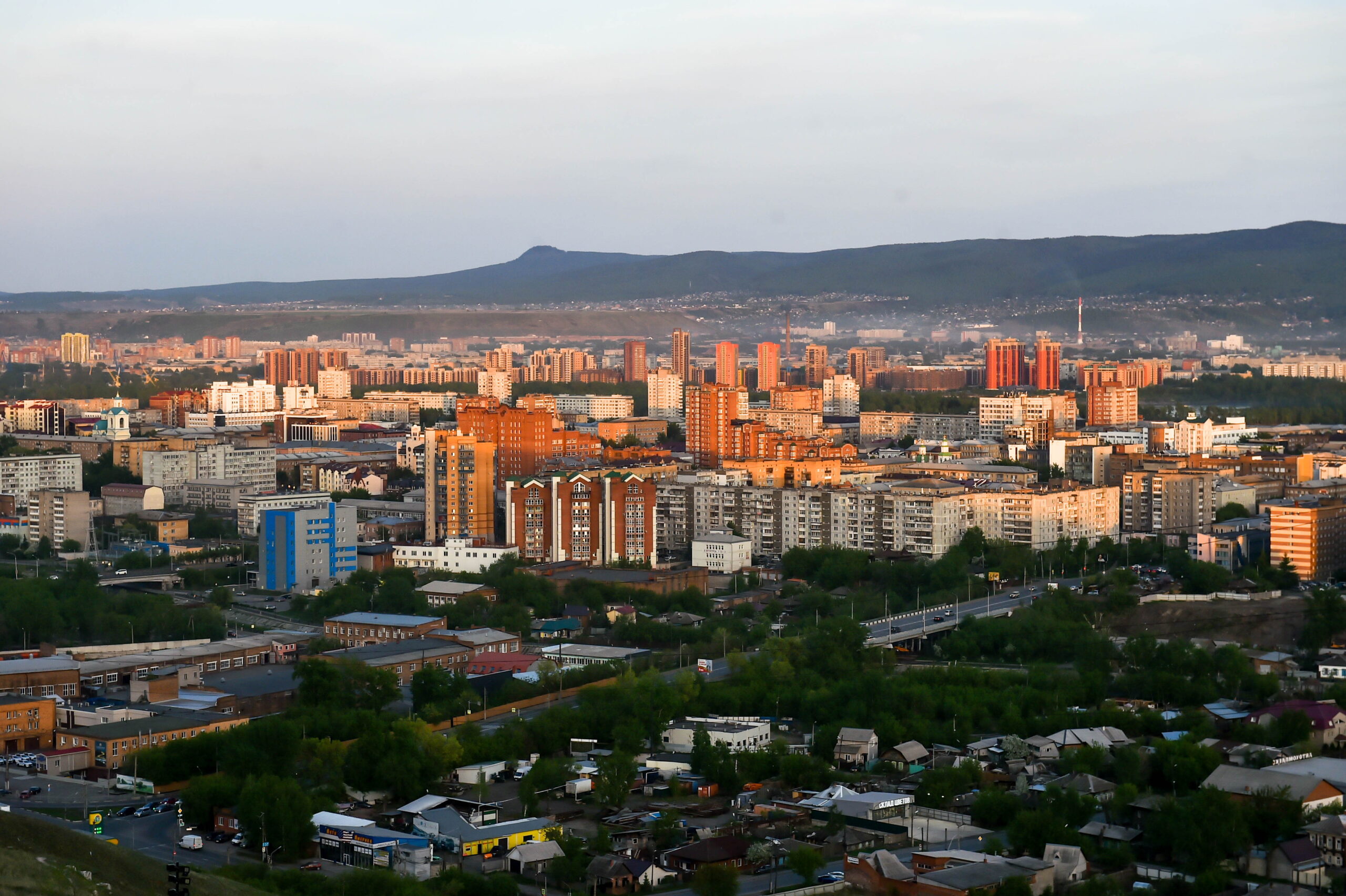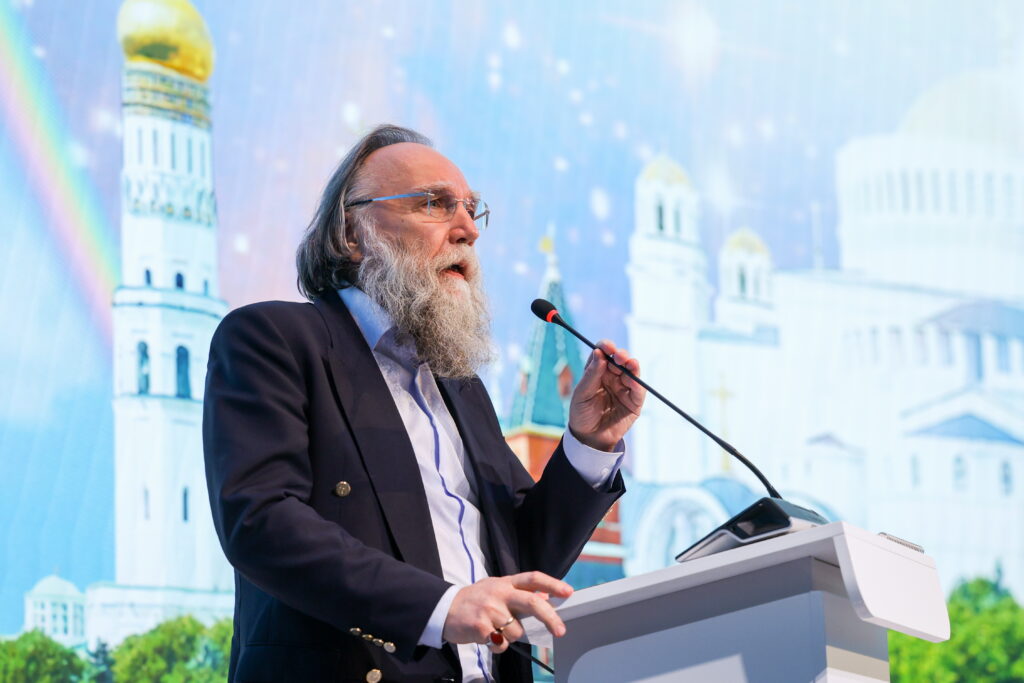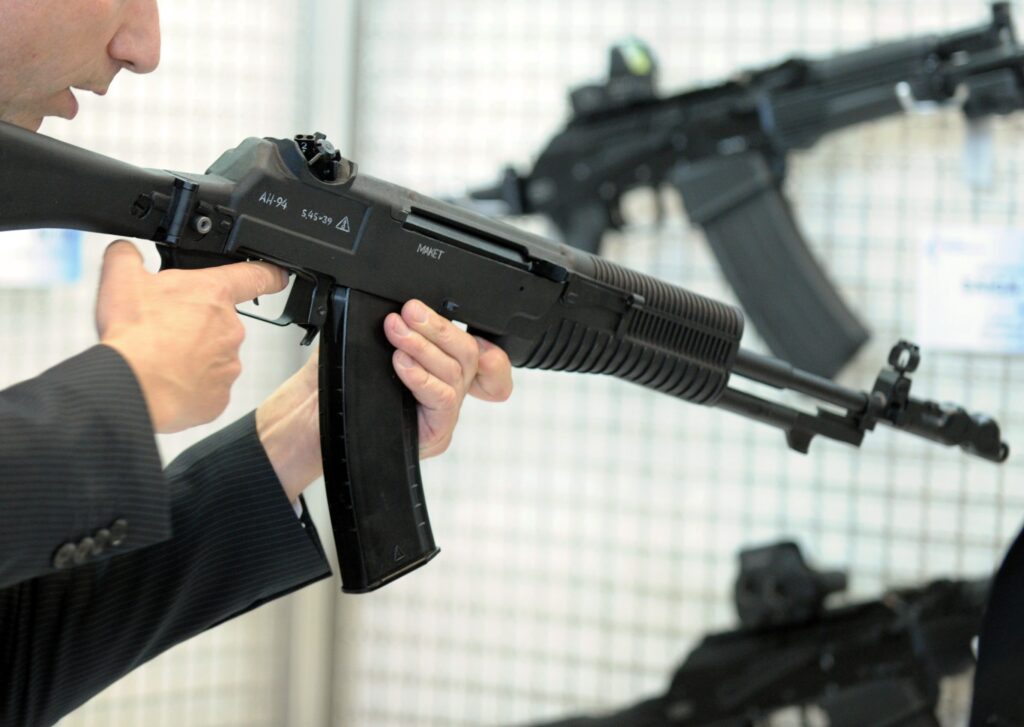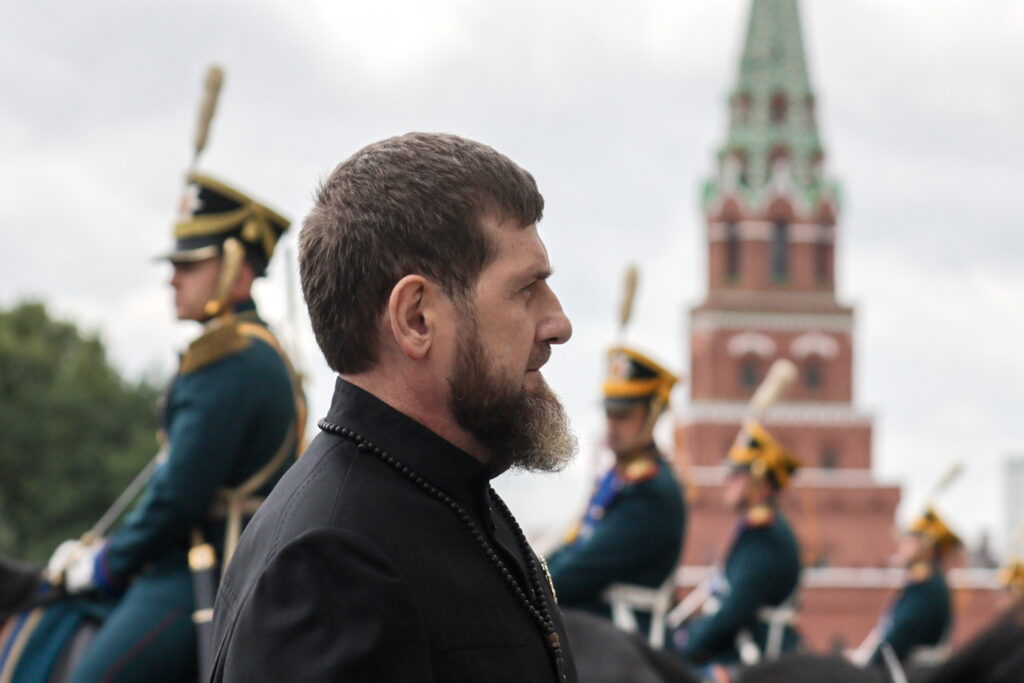On March 20, 2025, Vladimir Putin signed a new law, «On the General Principles of Organizing Local Self-Government in a Unified System of Public Authority,» replacing the previous law on local self-government (LSG). A key feature of the municipal reform is the abolition of the two-tier local self-government system. In practice, this means the elimination of municipalities in rural settlements, which are now merged into a single large district, replacing one or two (or even three) former rural districts and small towns. Heads of some regions vocally opposed this measure, as did the State Council of Tatarstan. The reform itself faced significant delays: the bill was introduced in December 2021 but was repeatedly postponed, which is unusual for initiatives backed by a parliamentary heavyweight like Pavel Krasheninnikov. Clearly, the project encountered strong, albeit non-public, resistance. The law was only passed after a clause was added allowing regions to decide on preserving rural settlements.
The protests from some regions stemmed from dissatisfaction among local elites, who are being pushed out of political spaces even at such a low level. Eliminating the rural settlement tier removes about 99% of all elected positions in Russia. The experience of the Perm Region, where the reform has already been implemented, shows this leads to «political depopulation,» as described by Perm researcher Vitaly Kovin. In his article, he notes that after territorial consolidation, most local politicians—former heads and deputies—abandoned public activity, retreated to private life, or left their villages entirely. This significantly undermines the self-perception and status of rural leaders, who play a key role in shaping local public opinion. These individuals often have at least a basic understanding of state institutions and budgetary processes, as they must discuss these issues in meetings and make decisions. They are also the ones capable of explaining such matters to local residents. In less modernized regions, they may lead influential local clans.
Years of rural «optimization”—closures of schools, medical posts, and other infrastructure—have deepened residents’ pessimism. The elimination of schools or clinics dooms villages to decline, and people perceive the LSG reform as another step toward destroying their future.
Protests Against LSG Reform
The transition to a single-tier LSG system began several years ago: by the time the law was passed, 20 regions had already eliminated rural settlements, 26 planned to do so after the law’s adoption, and 43 intended to maintain a mixed or two-tier system. Protests by residents against the liquidation of their municipalities occur periodically but are rarely significant. This is largely due to two factors. First, authorities try to make decisions as quietly as possible—public hearings are held covertly, with schedules unpublished and participation limited to government-aligned residents. Hearings are often scheduled during working hours, and related regulations are adopted swiftly afterward, leaving residents unaware of their settlement’s elimination as a separate municipality until it’s too late to object. Second, protests remain localized due to the lack of a unified information space and political leaders capable of uniting people beyond their villages or districts. Residents feel isolated, despite their shared problems.
Protests in the Krasnoyarsk Region stand out, where authorities attempted a «municipal blitzkrieg”—rapidly passing a law to transition to a single-tier system without public or elite discussion. Of 472 municipalities, only 39 would remain, with just six retaining urban district status (down from 17). This is happening just before the 2025 single voting day campaigns, which include 434 elections to select 4,500 deputies in Krasnoyarsk. Additionally, amendments mandate that city and district heads be elected only from candidates proposed by the governor. Currently, councils of deputies appoint mayors from candidates approved by a selection committee, meaning anyone can theoretically apply. Direct mayoral elections were abolished a decade ago.
The Krasnoyarsk Region’s vast geography—2.37 million square kilometers, half the size of the EU with under 3 million people—makes this reform particularly significant. Distances between settlements can exceed 100 kilometers, with sparse transport links and no roads in the north for much of the year, complicating communication.
Factors and Participants in Protest Activity
The strongest protests erupt in districts being merged into neighboring ones, as this is a matter of survival for residents. The district level provides critical infrastructure, such as utilities, and district centers host hospitals and clinics. Local patriotism and identity amplify discontent. For example, residents of Yeniseysk, founded in 1619 and known as the «father of Siberian cities,» are outraged at being merged into Lesosibirsk, founded in 1975, which will give its name to the new district.
In Krasnoyarsk, protests have gained significant traction, involving diverse groups like veterans, children of World War II veterans, Cossacks, and special military operation participants—groups the authorities publicly claim to respect (e.g., Putin’s recent promise to rename Volgograd’s airport to Stalingrad at veterans’ request). Even the May 9 «Immortal Regiment» marches turned into protests, with residents in many districts carrying portraits of relatives and signs reading «For Our Native District.» Regional lawmakers received over 500 individual and collective appeals. The governor’s social media, initially flooded with negative feedback, now sees artificially boosted likes and blocked critics. Reports indicate pressure on residents in some districts to stop them from recording video appeals or collecting signatures.
Surprisingly, local elites, including municipal officials and deputies from the ruling United Russia party, are also actively protesting. Heads of rural settlements in the liquidated Sukhobuzimsky District, as well as the mayors of Sukhobuzimsky, Dudinka, and Sharypovsky Districts (all United Russia members), resigned early in opposition to the governor’s reform.
The governor, who initiated the reform, is losing the media campaign to this grassroots movement. His Telegram post garnered a record 4,700 dislikes against 168 likes on the first day. Attempts to counter this with boosted likes and positive comments failed, with reactions reaching tens of thousands, about half negative.
Counteraction Methods
Instead of pausing to discuss the reform with residents, its initiators accelerated the process. The bill’s second reading was moved from May 29 to May 15 and passed successfully. Meanwhile, security forces arrested Krasnoyarsk political scientist and Telegram channel author Alexey Aksyutenko for seven days. Aksyutenko had urged «Immortal Regiment» participants to carry signs reading «For Our Native District.» A complaint from the «Victory Volunteers» movement accused him of organizing a public event without proper notification. Aksyutenko was the most detailed chronicler of protests across various districts.
Such methods are becoming more common nationwide. In January 2025, in the Ryazan Region, deputy and editor of the local outlet «Vid Sboku,» Konstantin Smirnov, was arrested for opposing rural settlement liquidations. He was accused of extorting 300,000 rubles from a commercial organization’s director. Journalists Alexey Frolov and Natalia Smolyaninova were detained alongside him. Smirnov’s publications had drawn attention to covert public hearings in Dubrovichi and Podyazye, which authorities tried to conduct discreetly. The hearings failed, with most participants opposing municipal liquidations—around 250 of Dubrovichi’s 2,000 residents attended, and another 100 stood outside. Authorities annulled the results through the prosecutor’s office, citing formal violations by the organizers (i.e., themselves), a common tactic to invalidate unfavorable outcomes. The day after Smirnov’s arrest, the Dubrovichi council approved its liquidation and merger into a municipal district.
These events reveal another trend: public hearings can shift residents’ perspectives. Smirnov quoted two Dubrovichi residents post-hearings: one pensioner noted, «People have changed, they’ve become so knowledgeable,» amazed at seeing her neighbors as true citizens. Another resident wrote on social media about those standing in the rain outside the overcrowded hall, describing them as «masters of their land.» The reform thus exposes not only discontent but also the potential for civic awakening.
Lack of Political Agency
Coverage of protests against the municipal reform is critical to their spread. Effectiveness increases with real coordinators, like the strong Altai branch of the Communist Party (CPRF), which consistently challenges regional authorities at public hearings. Even with administrative resources, majorities often oppose the reform, not just on rural settlement liquidations but also on electing municipal heads. In early 2025, the Yeltsovsky District saw a citizen initiative, backed by the CPRF, to hold a referendum on direct district head elections. In May, public hearings in the Charyshsky Municipal District supported direct elections, with the issue set for a council vote by month’s end. Similar hearings in Kamen-na-Obi, initiated by CPRF, non-party, and even United Russia deputies, saw 130 vote for direct elections and 128 against.
These events show that people value local self-government and elections, even when municipal powers are largely symbolic. Attempts to curtail these rights are met with pain and carry potential for widespread «political» discontent among both residents and lower-level elites. Some political forces, like the CPRF, coordinate protests in certain regions, while the New People party recently proposed amendments for direct mayoral elections if selection processes stall. Such delays are common—cities like Kurgan, Tolyatti, and Bolshoy Kamen have gone months or over a year without mayors. Last year’s Kurgan flood, for instance, occurred while the city lacked a mayor, appointed only in May 2025. Parliamentary parties tread cautiously to avoid clashing with federal authorities, with cases like Smirnov and Aksyutenko serving as warnings.
Local self-government remains the least controllable level for the Kremlin. Past reforms, like the 2000s Kozak reform mandating two-tier systems, began eroding within a decade as regions shifted to single-tier systems. Yet, local levels retain protest potential—opposition occasionally gains control of entire cities (e.g., Tambov in 2020), forms strong anti-United Russia coalitions (e.g., Revda, Sverdlovsk Region), or exposes internal United Russia conflicts (e.g., Bratsk, Irkutsk Region, 2024). Local self-government addresses daily issues—housing, transport, construction, amenities—whose urgency has grown since the war began. Total control at this level is hard to maintain, with authorities often struggling to stage-manage public hearings. These conflicts highlight the limits of state support. However, the lack of political forces willing or able to capitalize on this leaves people facing the state machine alone, and public discontent quickly fades. Whether it truly disappears remains an open question.









